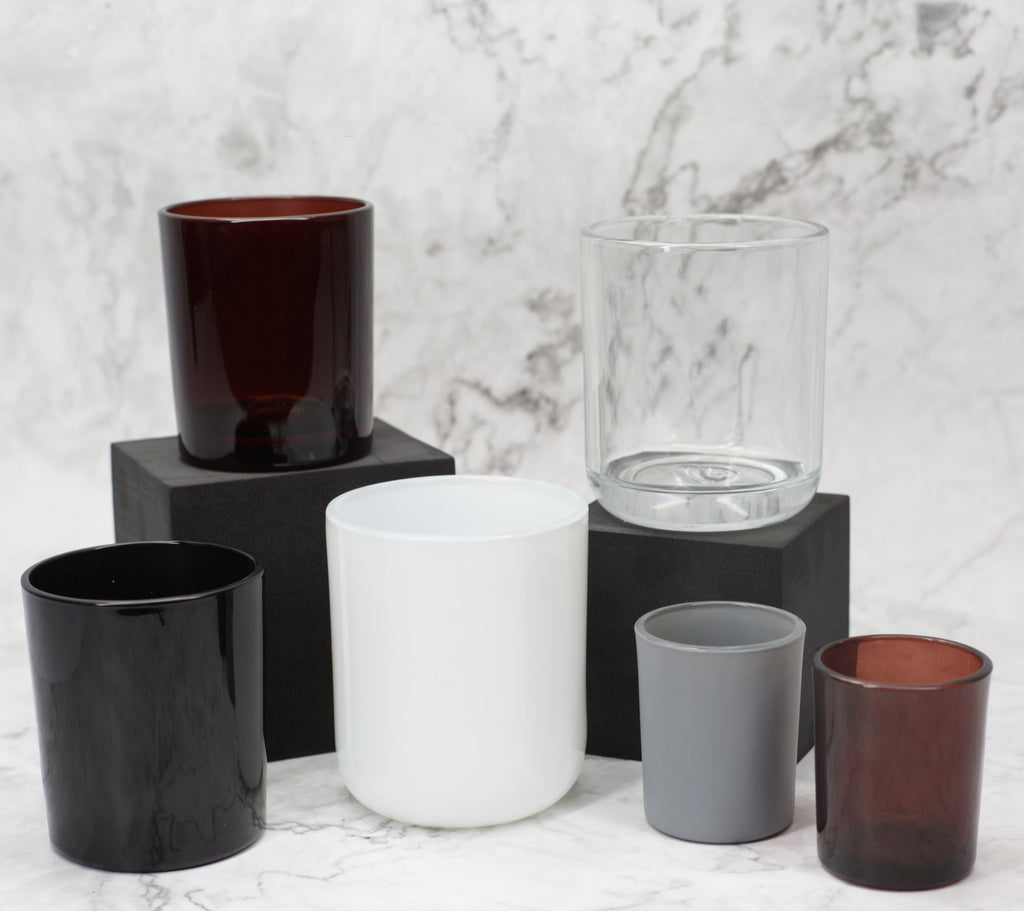Understanding Thermal Shock Testing: BS EN 1183 and ASTM F2179

Understanding Thermal Shock Testing: BS EN 1183 and ASTM F2179
The integrity and reliability of glass containers are crucial, especially when they are subjected to extreme temperature changes or sudden thermal stress. To ensure the durability and safety of these containers, various testing methods, such as Thermal Shock Testing as per BS EN 1183 and ASTM F2179 standards, play a significant role.
What is Thermal Shock Testing?
Thermal Shock Testing evaluates the response of glass containers to rapid temperature changes. These changes can occur during processes such as filling hot liquids into cold containers or vice versa, exposing the containers to extreme temperature variations.
BS EN 1183 – Thermal Shock Testing
BS EN 1183 is a standard that specifies the method for determining the resistance of glass containers to thermal shock. The test involves subjecting the containers to specific temperature extremes to assess their resistance to sudden temperature changes. It aims to ensure that glass containers maintain their structural integrity without experiencing damage or breakage when exposed to such thermal stresses.
This testing method helps manufacturers identify potential weaknesses in their container designs and materials, ensuring that the final product meets safety and quality standards.
ASTM F2179 – Heat Strength of Glass Containers
ASTM F2179 is another standard that focuses on assessing the heat strength of glass containers. This test determines the ability of a glass container to withstand exposure to elevated temperatures without deformation or breakage.
During the test, glass containers are subjected to controlled heating to evaluate their resistance to thermal stress. By analysing the response of the containers to high temperatures, this standard assists in ensuring the reliability of glass containers under conditions of heat exposure.
Why are these Standards Important?
Thermal Shock Testing as per BS EN 1183 and ASTM F2179 is essential for several reasons:
- Safety Assurance: Ensures that glass containers can withstand rapid temperature changes without compromising their structural integrity, reducing the risk of breakage or potential hazards.
- Quality Control: Allows manufacturers to identify weaknesses or defects in container designs or materials, enabling improvements in product quality and performance.
- Compliance and Standards: Adhering to these testing standards ensures that glass containers meet regulatory requirements and industry benchmarks for safety and durability.
Conclusion
In the realm of glass container manufacturing, Thermal Shock Testing according to BS EN 1183 and ASTM F2179 standards plays a pivotal role in ensuring the reliability, safety, and quality of the final product. These standardized testing methods enable manufacturers to produce glass containers that can withstand extreme temperature variations, meeting the demands of diverse applications while ensuring consumer safety and satisfaction.
By complying with these stringent testing standards, manufacturers demonstrate their commitment to delivering durable and reliable glass containers suitable for a wide array of uses across various industries.
At Randall’s Candles we prioritise adherence to industry standards to ensure the quality and reliability of our glass containers. Our commitment to meeting these rigorous testing requirements underscores our dedication to delivering products of exceptional quality and safety.
Randall’s Candles - Committed to Quality, Safety, and Reliability in Glass Containers.






